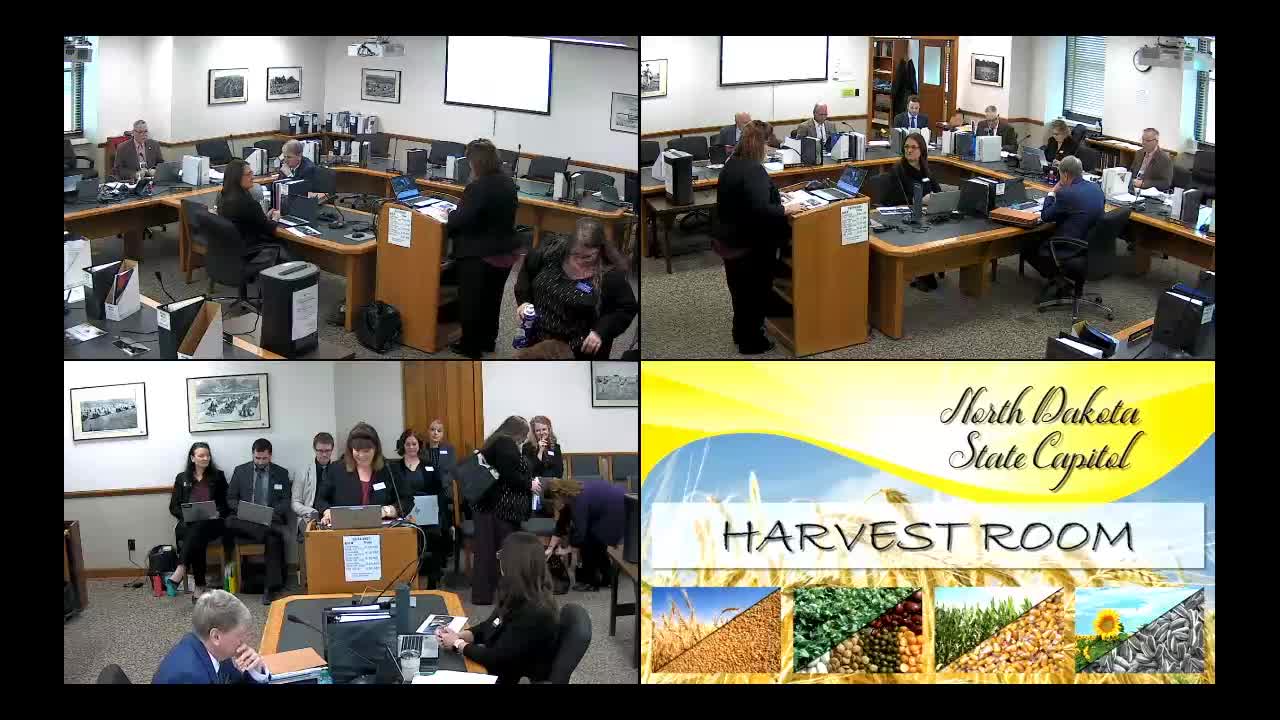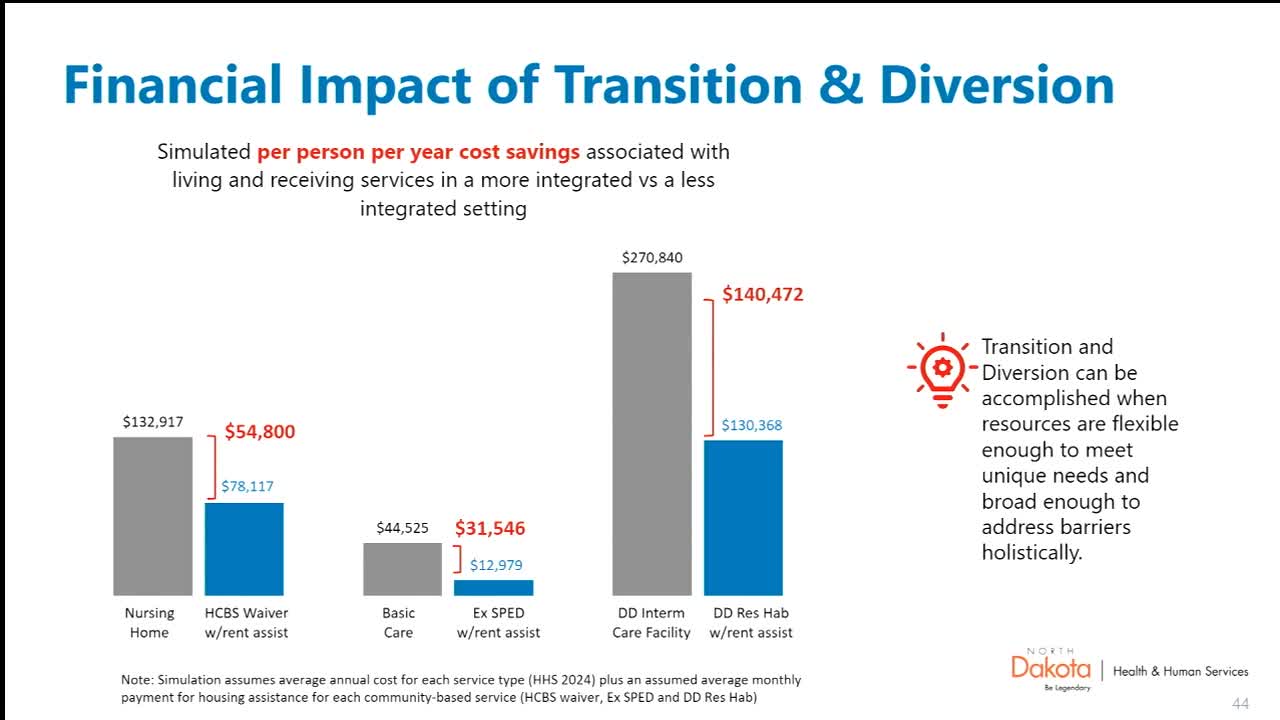Article not found
This article is no longer available. But don't worry—we've gathered other articles that discuss the same topic.

Health department proposes host‑home pilot, ICF moratorium and waiver changes in developmental‑disability budget

Alzheimer's Association urges continued funding for state dementia care services

